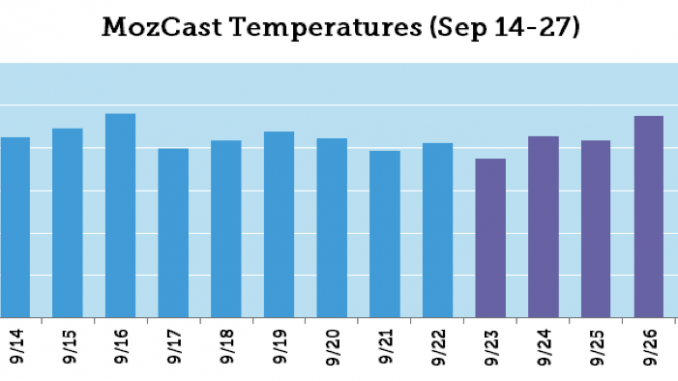
On September 23, Google announced Penguin 4.0, the latest version of its web-spam algorithm, and it is fair to say that this iteration has tip-toed its way into the water.
The key points:
The big news is that Penguin is now built into the core algorithm.
This means the effects (if there are any) to your pages will be seen in real-time; which is to say, as soon as they are crawled and indexed.
It will be much more granular, focusing on page-level spam signals rather than assessing the full domain.
It will take time for the full impact to be seen, of course. Google will need to complete a re-crawl of the more than 30 trillion URLs in its index before the first round is complete.
From there, the impact will be seen on an on-going basis and Google will continue to tweak the core algorithm, as always. The real-time element raises the possibility of sites being rewarded almost instantly for building their reputation the right way, just as the spectre of punitive action has now become ever-present for those who transgress.
What has the impact been?
So far, September has seen a lot of rankings volatility compared to a typical month, but the few days after Penguin 4.0’s launch saw no dramatic increase until the 27th:
It is hopefully a sign of the times that this version has caused so few ripples. The gradual rollout is a factor, undoubtedly, but it would be fair to say that recollections of the original Penguin launch in 2012 will send a shiver down the spine of many an SEO professional.
Perhaps the industry has simply moved on.
Many of the practices punished back then have long been obsolete, so it stands to reason that the latest iteration should make much less of a splash.
Most were already advocating a different approach to the arcane ‘black hat’ tactics (private blog networks, paid links and the like) before the original Penguin, so there is even less reason to be concerned now.
Are there any other bêtes noires left for the industry?
SEO can still suffer the stigma of being labelled a ‘dark art’ and it would be naïve to believe that everyone is now playing by the rules. Many are far from adopting the consumer-first, mobile-first, content-led, brand-building approach that they probably should. It is easier said than done, and it’s not even easily said.
However, we can expect to see Google crack down on any remaining shortcuts to rankings success, along with any practices that impinge upon user experience.
The ‘slow’ tag tested last year may yet make a re-appearance as mobile experience continues to dominate the agenda. Penguin will be updated frequently, as will Panda, and the push to adopt AMP pages continues to pick up pace.
With RankBrain also taking increasing prominence within Google’s ranking assessments and Penguin rolling out in real-time, we will see any remaining loopholes closed within the near future.
To succeed in SEO, it is no longer an option to invest in ‘quick win’ off-site tactics. The benefits of long-term thinking, investing in audience analysis and a comprehensive content strategy are clear and will only get clearer.
Those who don’t adopt this approach will soon find themselves left out in the cold.
Source: ClickZ
Link: Penguin 4.0: what should SEOs worry about next?



Leave a Reply